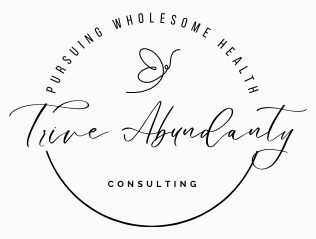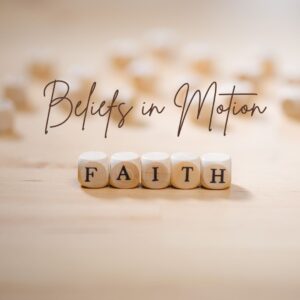This is post 6 of the “Living Fully Alive” Blog Series. Reading the posts in the order they were posted is recommended for the best reading experience.
“For he died for us, sacrificing himself to make us holy and pure, cleansing us through the showering of the pure water of the Word of God.” Ephesians 5:26
“Your words are so powerful that they will kill or give life…” Proverbs 18:21
We already touched on self-talk. It is closely connected to the previous section on our thoughts. In fact, I haven’t been in the habit of talking to myself out loud, so I wonder if internal dialogue counts as the same as my thoughts. Whatever the case may be, I can still pay attention to what I say to others. What do I hear myself saying?
I remember a time when I would tell people “I never win anything.” Anything I ever entered for went to someone else. Until. There were several instances, I can’t remember any of them except one. I went to New Seasons to do my weekly grocery shopping. It was an exceptionally full cart because I was stocking up on some more expensive things that happened to be on sale. As I got in line, this Earthbound Farm rep takes over my cart, dumps in a ton of Earthbound products, all stuff that we actually use, and tells me it’s their anniversary, and that they are going to pay for my cart. It was amazing! How much better than any of the other things I ever entered for, because this cart was full of handpicked, special-to-me stuff. I realized, I can’t go around telling people I don’t ever win anything anymore. I almost did a couple of times and caught myself. That is something I used to declare with my words and it turns out it was a lie. God was so good to break that lie by intervening. I didn’t have to change my words before the circumstances changed in this case. But I think you get the point.
We were also cautioned about using words like “never”, “always”, “worst”, and any other variety of superlatives. We’ve heard this before. Communication 101 says ‘don’t use always and never’. Unfortunately I’m still guilty of accusing family members with sentences containing these words if I am not careful.
On a personal level, I am just now becoming aware that I often declare “I don’t like social functions”, “I take a book over a party any day”. “I don’t like crowds”. This may have been true at some parties and in some crowds. I am committing to stop generalizing, keeping an eye out to see what happens. It might also be healthier for me to think back to which parties did I not enjoy? I already get some insight. Back when my son was in Cub Scouts with the local public-school kids, but was himself home-schooled, I frequently (notice, I replaced always with frequently) felt like I didn’t belong. I felt like they all knew each other and thought I was weird for homeschooling when we were living in the most coveted school district of Orange County. The bottom line, I think was, that I felt I was not part of the clique. They were all very nice people, by the way. Nobody was mean or ever said anything negative about us homeschooling. It was how I felt, what I thought, and drew a conclusion that I don’t like parties and functions.
As I tone my words down to less intensity, less generalization, my emotions are already coming down to less intensity, and I am more focused on the “Aha” that just happened.
We were told in the class that our brain listens to our own voice more than anything else. That I am created emotionally to respond to my own voice more than anything else. That is an interesting thought. It can be both good and bad, depending on what I say out loud to myself. But it also shows me how important it is to take ownership for what I listen to, and how I have to discipline myself and what I say. If I listen to my words more than any other, then I better be saying things I want self to listen to.
Your turn, if you are ready. What is an example from your life where your words caused certain emotions?
Click on the hyperlink to learn more about the Living Fully Alive Consulting Course







